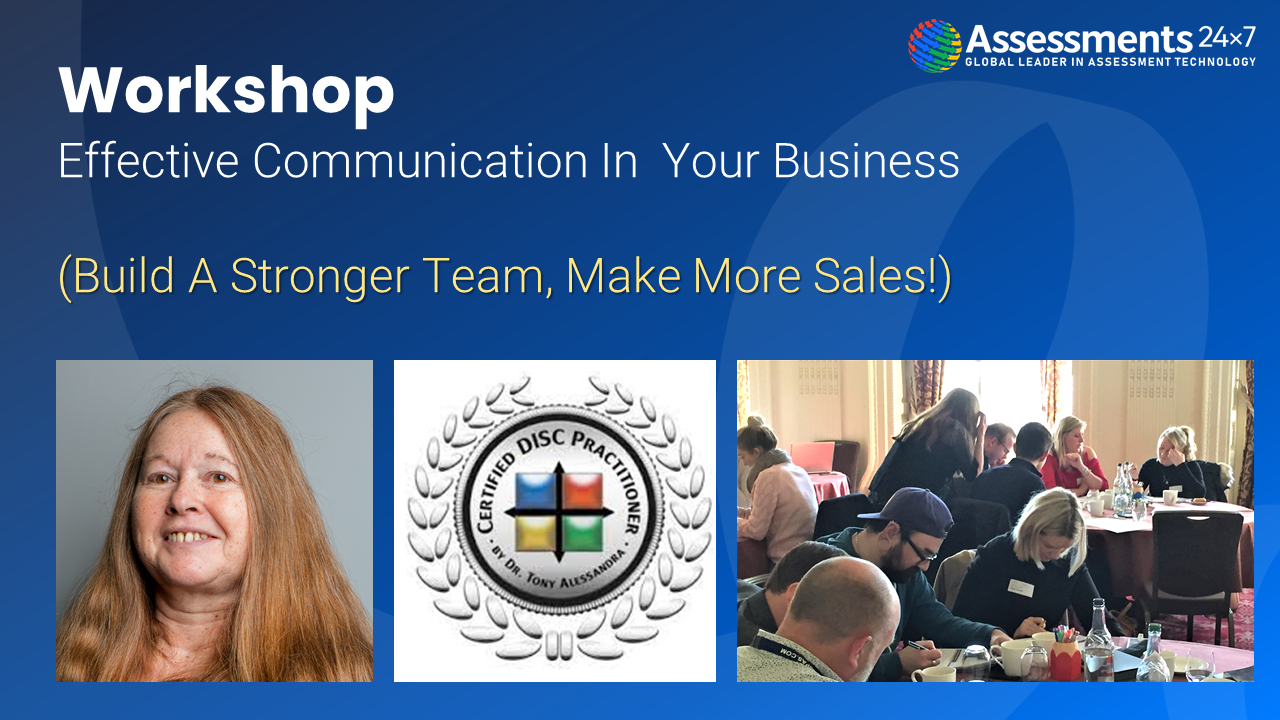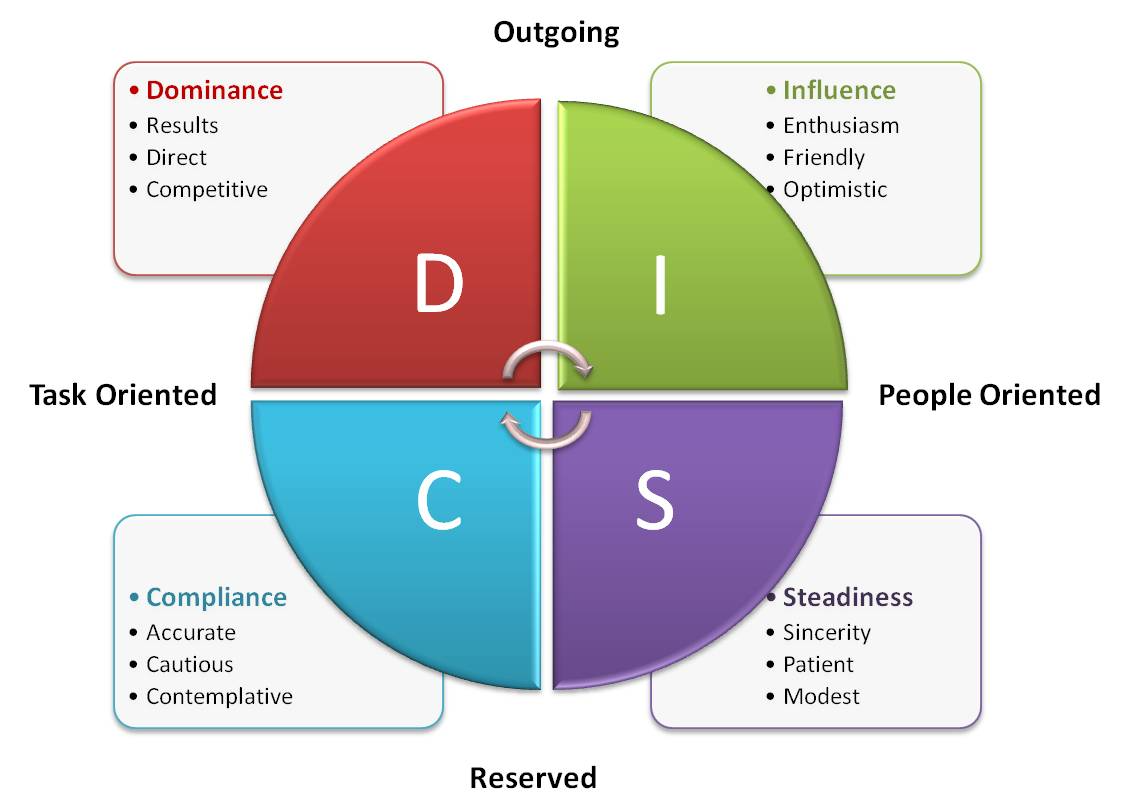Building A Great Team
How can we build an amazing Team?
Every organisation is a collection of individuals with different motivators, different limiting and empowering beliefs, different ways in which they interpret the world, and of course, different ways in which they like to communicate and be communicated to.
With the communication, and to a large extent each of the other factors mentioned, it isn't really about preferences, it is about language. An extrovert task focused person interprets what they hear differently (their personal interpretation language) for example to an introverted people-focused person.
In building any team our objective is to
- Build a motivated group of individuals with collective common goal and common purpose
- Establish the rules of the team - the WHY and HOW of doing things.
- Ensure communication is effective, open, honest and solution-focussed
- Ensure the WHOLE is greater than the "SUM OF THE PARTS".
These objectives are constantly frustrated because we do not understand of each individual team members' behavioural and communication profile. In other words "Who they are" We may think we do, but we filter that through our own world view.
Understanding ourselves, and others,so much better is the simple, and yet profound process to build and bind a strong team and improve the happiness, focus and impact of each team member.
At the heart of our team building support we use the DISC behavioural evaluation.
You will find more on DISC elsewhere on this website.
Once your own and your team member's DISC profiles are established we can begin to understand what changes need to be made and set about them. Aided by a range of reports and tools we can examine
- How the different profiles are mapped across the team - where are there gaps and over laps
- How well suited to their roles are key team members given their profiles and how can we enhance their roes
- What prompts are likely to get engagement or indeed deter engagement for each team member according to their profile
- What language and delivery mechanism will get the best out of everyone
- What engagement will motivate and what will demotivate
- How to get better buy in from team, clients, prospects etc
Frustration In Communication.
Most of our frustration is directed at the other person. "Why do they not get the message?"
Here lies the fundamental challenge, and we have to strt with two key principles.
We can not change how they behave and see the world, we can only change the way we interact with them. therefore we adapt our own behaviours and communication style to match the communication style and world view of their team member. It is crucial to understand the significance of this point.
We can not change them, but we can inspire them to change themselves. It is only within their power, not yours, to do this.
If you grasp this then we can work very successful with you and see some quick changes.
Understanding the communication profile of everyone on your team, as well as your own, is your starting place for understanding your effectiveness as a leader and improving the cohesion and effectiveness of your team.
For several years, with Business Owners and their teams, with other business organisations, with schools and with individuals and couples (business and life partners) we have been using the DISC model to effect these changes.
What is DISC?
The DISC theory was devised by psychologist William Moulton Marston (Emotions of Normal People).
In looking to understand how normal human emotions lead to behavioral differences, Marston’s research and behavioural analysis led him to theorize that all human expression of emotions could be categorized into four behavioral types: Dominance (D), Inducement (I), Submission (S) and Compliance (C).
Marston determined that each behavioural type was a result of each person's perception of their environment (favorable or unfavorable), their sense of self within the environment (having control or lacking control) and their interaction with others within that environment.
DISC-overing Your Team’s Strengths and Weaknesses
DISC is not a test, there is no pass or fail, it isn't about values either, neither is it about motivators in isolation. What DISC does, and has done so very effectively for nearly 100 years is help organisations and individuals understand how to better relate to, communicate with and ultimately put these diverging personalities together can bolster your team’s effectiveness and your organisation’s success.



